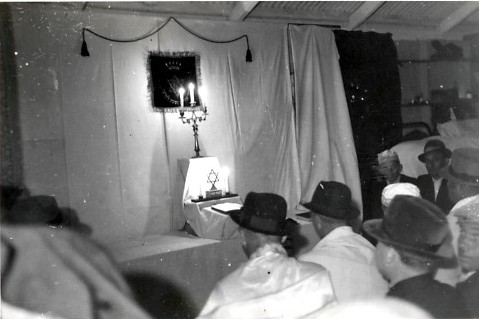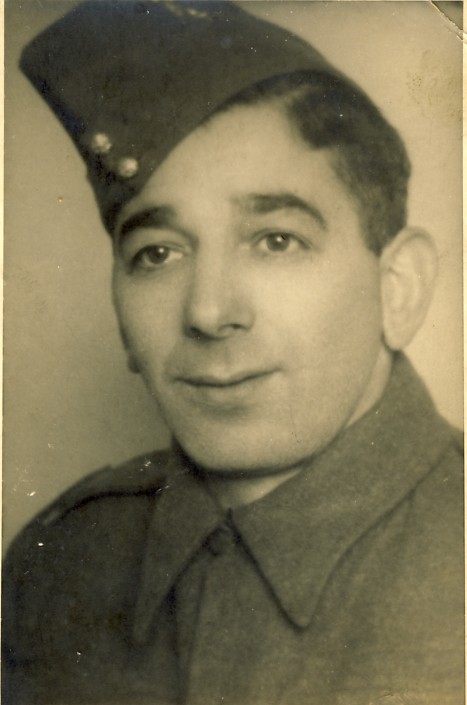Born: Witten-Heven, Westphalia, Germany, 1903
Profession in country of origin: labourer and bricklayer
Arrived in Britain as a refugee from Germany in summer 1939
Documents
Male enemy alien - Exemption from internment - Refugee Surname: Rosengarten Forename: Leo Alias: - Date and place of birth: 07/05/1903 in Witten-Heven Nationality: German Police Regn. Cert. No.: 767 847 Home Office ref: C 3892 Address: Kitchener camp, Richborough, Sandwich, Kent Normal occupation: Bricklayer Present occupation: - Name and address of employer: - Decision of tribunal: Exempted "C" Date 20.10.1939 Whether exempted from Article 6(A): Yes Whether desires to be repatriated: No Tribunal District: Richborough Camp Tribunal 5
Source: National Archives, Home Office: Aliens Department: Internees Index, 1939-1947.
Editor’s note: We are not allowed to reproduce National Archives (UK) images, but we are permitted to reproduce the material from them, as shown above.
To view the following images, please click to open in enlarged full form
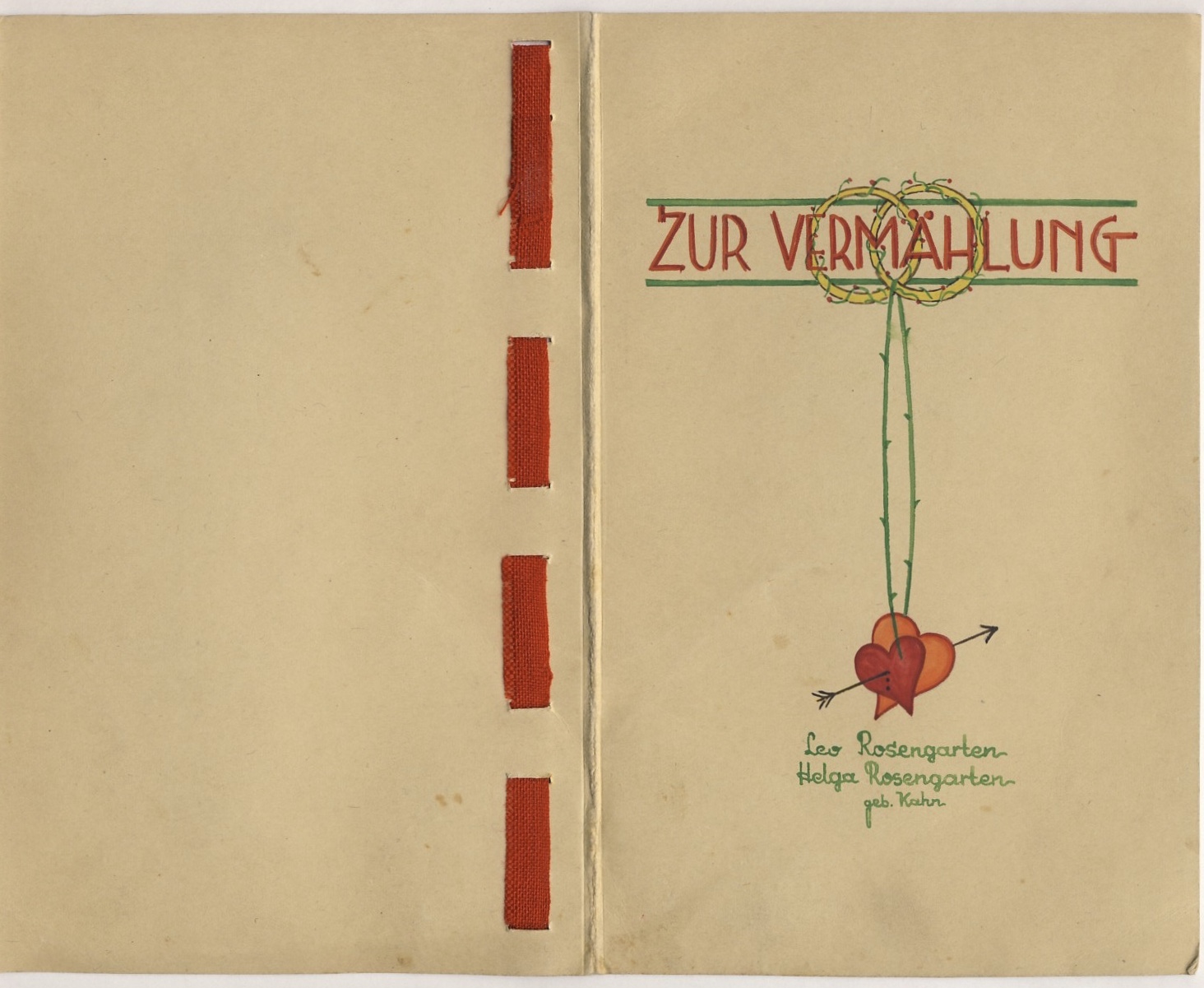
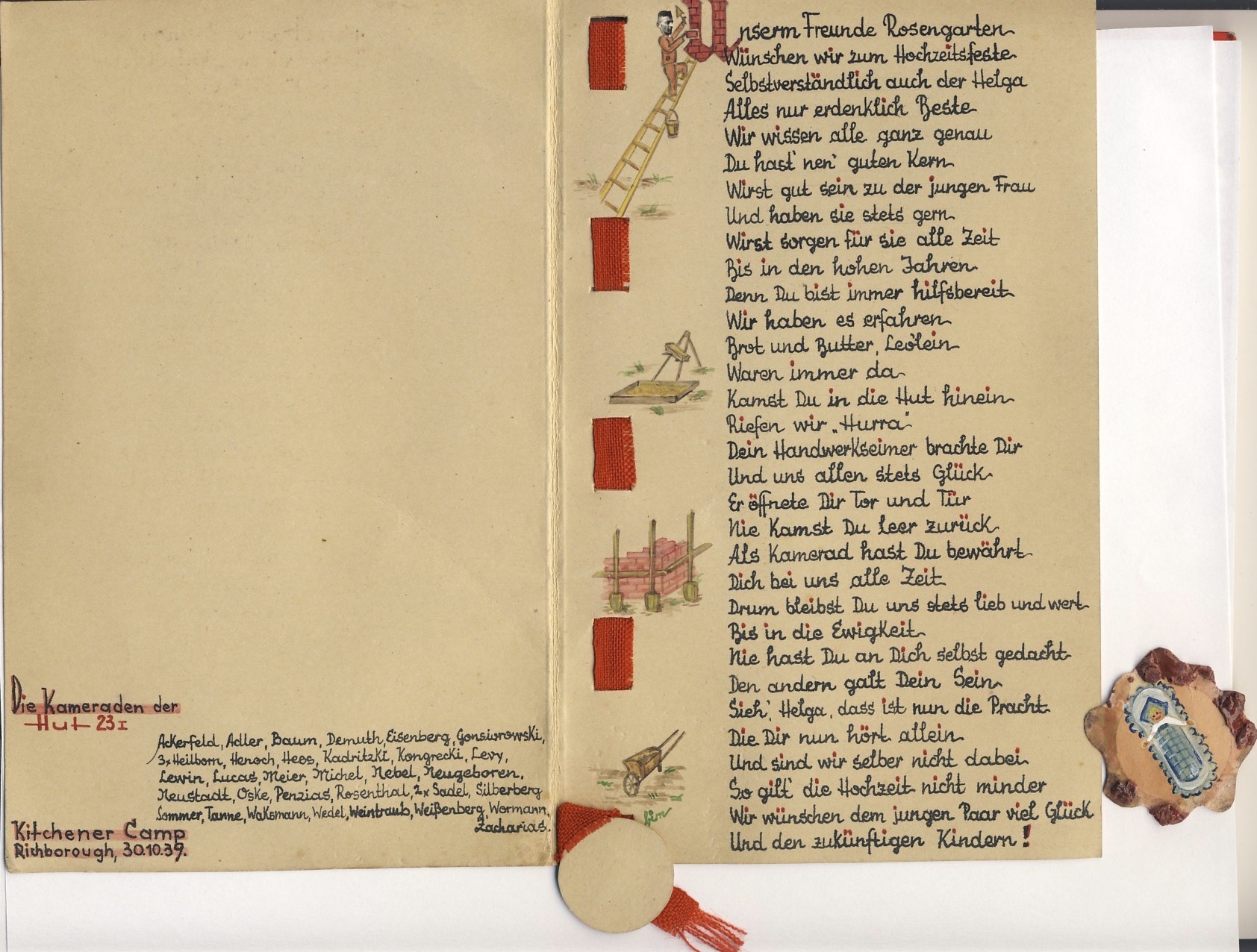
English translation of the above:
To our dear friend Rosengarten We wish on his wedding day, Of course to you, Helga, too, All the best we can think of. We all know very well, You have a noble heart, You’ll treat your young wife well And always love her dear, You’ll cherish her all the time Until you are grown old, For you are always caring, As we experienced ourselves. Bread and butter, dear Leo, Were always there. When you arrived in the hut, We shouted la oud ‘Hurrah’. Your trade man’s bucket brought to you, And all of us, good luck. It opened all the doors to you, Never empty-handed you came back. As a comrade you proved yourself With us at any time. For that we’ll hold you always dear For all eternity. You never thought just merely of yourself, For others too you had to care. Look, Helga, now this is the glory Belonging now to you alone. Though not attending ourselves, The wedding isn’t valid less: We wish much happiness to the young couple And to their future children! The Comrades of Hut 23/I Ackerfeld, Adler, Baum, Demuth, Eisenberg, Gonsinowski, 3*Heilborn, Henoch, Hess, Kadritzkt, Kongrecki, Levy, Lewin, Lucas, Meier, Michel, Nebel, Neugeboren, Neustadt, Oske, Penzias, Rosenthal, 2* Sadel, Silberberg, Sommer, Tanne, Waksmann, Wedel, Weintraub, Weissenberg, Wormann, Zacharias Kitchener Camp Richborough 30.10.39
Translation kindly submitted by a Kitchener researcher
[Editor: Cross-checking these names against the 1939 Register, we have the following information about the men in Hut 23/I
- Mortiz Ackerfeld, born 1894 – a tailor
- Adler – too many possibilities to draw a conclusion
- Hans Baum, born 1902 – a clerk
- or
- Max Baum, born 1893 – a pharmacist
- Armand Demuth, born 1904 – a clerk
- Gustav Eisenberg, born 1905 – a plumber
- Adolf Eisenberg, born 1900 – a bookseller
- Manfred Gonsiorowski, born 1917 – a milliner
- Heilborn – too many possibilities to draw a conclusion
- Ludwig Henoch, born 1900 – a farm assistant
- Hess – too many possibilities to draw a conclusion
- Leo Kadritzki, born 1897 – a textile dealer
- Abraham Kongrecki, born 1901 – an upholsterer
- Levy – too many possibilities to draw a conclusion
- Lewin – too many possibilities to draw a conclusion
- David Lucas, born 1900 – a jockey
- Meier – too many possibilities to draw a conclusion
- Michel – too many possibilities to draw a conclusion
- Heimann Nebel, born 1897 – a master butcher or Erich Nebel, born 1895 – a linen salesman
- Neugeboren – not in 1939 Register
- Rudolf Neustadt, born 1904 – a master furrier
- Werner Oske, born 1898 – a labourer and driver
- Karol Penzias, born 1911 – a leather salesman
- Rosenthal – too many possibilities to draw a conclusion
- Sadel * 2 – not in 1939 Register
- Kurt Silberberg, born 1903 – a bank manager
- Sommer – too many possibilities to draw a conclusion
- Max Tanne-Muenz (probably), born 1912 – a textile salesman
- Cecil Waksmann, born 1899 – a laundry owner
- Edmund Wedel, born 1909 – a farm assistant
- Weintraub – too many possibilities to draw a conclusion
- Weissenberg – too many possibilities to draw a conclusion
- Wormann – not in 1939 Register
- Julian Zacharias, born 1905 – a textiles commercial traveller
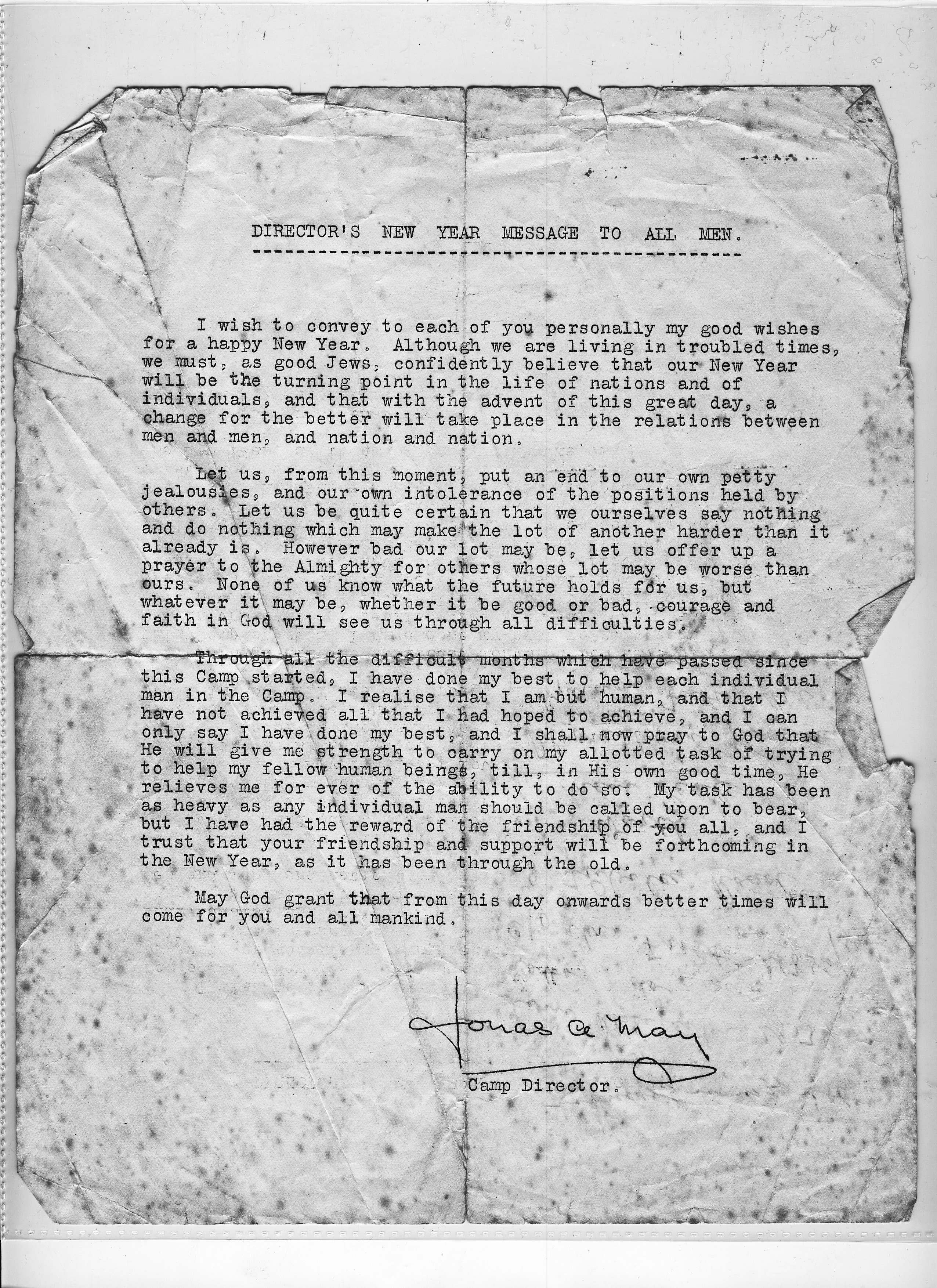
Leo’s two sisters were also living in Sandwich, working as domestic servants, when the 1939 Register was taken.
[Hand-written: Exempt from Registration whilst husband serving in HM Forces] Female enemy alien - Exemption from internment - Refugee Surname: Rosengarten Forename: Lotte [Hand-written later: Eiffeler by marriage] Alias: - Date and place of birth: 18/04/1914 in Duisburg Nationality: German Police Regn. Cert. No.: 725 695 Home Office ref: C 3892 Address: 1, Minster Road, NW2 Normal occupation: Domestic Present occupation: Nil Name and address of employer: *** Decision of tribunal: Exempt Date 08.12.1939 Whether exempted from Article 6(A): Yes Whether desires to be repatriated: No Tribunal District: Metropolitan Police Tribunal No. 24
Female enemy alien - Exemption from internment - Refugee Surname: Rosengarten Forename: Helene Alias: - Date and place of birth: 27/09/1909 in Rathenow Nationality: German Police Regn. Cert. No.: 997876 [original number crossed out - unreadable] Home Office ref: - Address: Ford House, Codicote, Herts Normal occupation: Domestic servant Present occupation: As above Name and address of employer: Major Bower, Address as above Decision of tribunal: Nt to be interned Date 07.12.1939 Whether exempted from Article 6(A): Yes Whether desires to be repatriated: No Tribunal District: Hertford Signed A T Miller 7 December 1939
Source: National Archives, Home Office: Aliens Department: Internees Index, 1939-1947.
Editor’s note: We are not allowed to reproduce National Archives (UK) images, but we are permitted to reproduce the material from them, as shown above.

Letters
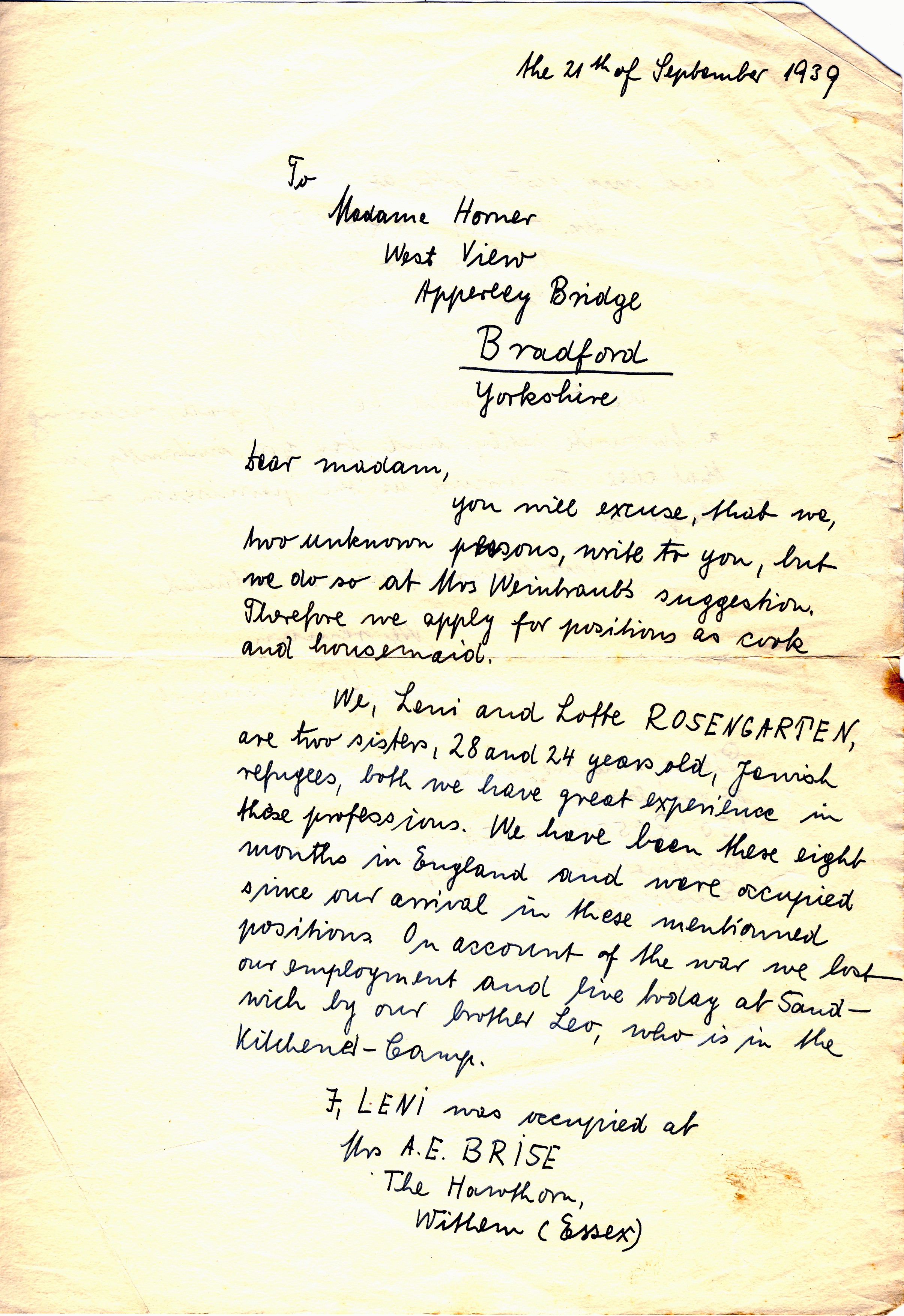

Letters submitted by Herbert Rosengarten for his father Leo.
Memories
One of seven children, Leo was born in Witten-Heven, Westphalia, and grew up in neighbouring Herbede, not far from Dortmund. His parents were Hermann and Ida Rosengarten. He went to school in Herbede, and left at fifteen or sixteen to become a labourer and bricklayer.
Leo was incarcerated in Dachau, probably shortly after Kristallnacht in November 1938. He was released sometime in the spring or summer of 1939, on condition that he not return to Germany. He sought to go to the US, and through the Society of Friends (the Quakers) found a potential sponsor in Philadelphia. Meanwhile, two of his sisters had made their way to England, and petitioned the German Jewish Aid Society for help to enable him to join them in London.
Their efforts were successful, and in the summer of 1939 Leo was able to make his way via Ostend to England and Kitchener Camp at Richborough. He was held there as an enemy alien, then enlisted in the Pioneer Corps. It was at this time that he got married. His bride, Helga Kahn, was herself a refugee who had escaped to England earlier in 1939, with the help of her younger sister in Manchester. There she worked in domestic service in the household of a university researcher (a future Nobel prizewinner) until I was born in 1940.
Leo’s time of service in the Pioneer Corps was brief; he was discharged on medical grounds, sought to rejoin after his recovery, but was denied. He and Helga moved to Manchester in the summer of 1940, where he worked in a factory until the end of the war. After the war, he began a small building and decorating business, which he gave up with age and illness around 1970. He died in 1975, and is buried in Southern Cemetery, Manchester.
Leo’s family was heavily impacted by Nazi persecution. His parents were arrested and sent to Theresienstadt in 1942, where his father died. His mother Ida survived the camp ordeal and lived until 1950. Two of his sisters, Else and Herta, died in Theresienstadt; two others, Leni and Lotte, managed to escape to England, then emigrated to the US. His brother Max died in Theresienstadt, and his brother Arthur was murdered at a camp in Lublin. Leo’s cousin Manfred Rosengarten was one of the Jewish refugees who escaped to Shanghai, where he remained until 1946. Manfred and his wife Evelyn (now deceased) eventually settled in the US; his son Andy lives in British Columbia, his daughter Linda in California.
Leo’s wife Helga also lost members of her family in the Holocaust. Her aunt was deported to Theresienstadt and killed in Treblinka; her older sister was murdered in Ravensbrück. They are commemorated by stolpersteine in Frankfurt am Main, and a sculpture in Oberursel.
Submitted by Herbert Rosengarten for his father, Leo
Photographs

Photographs submitted by Herbert Rosengarten for his father Leo

